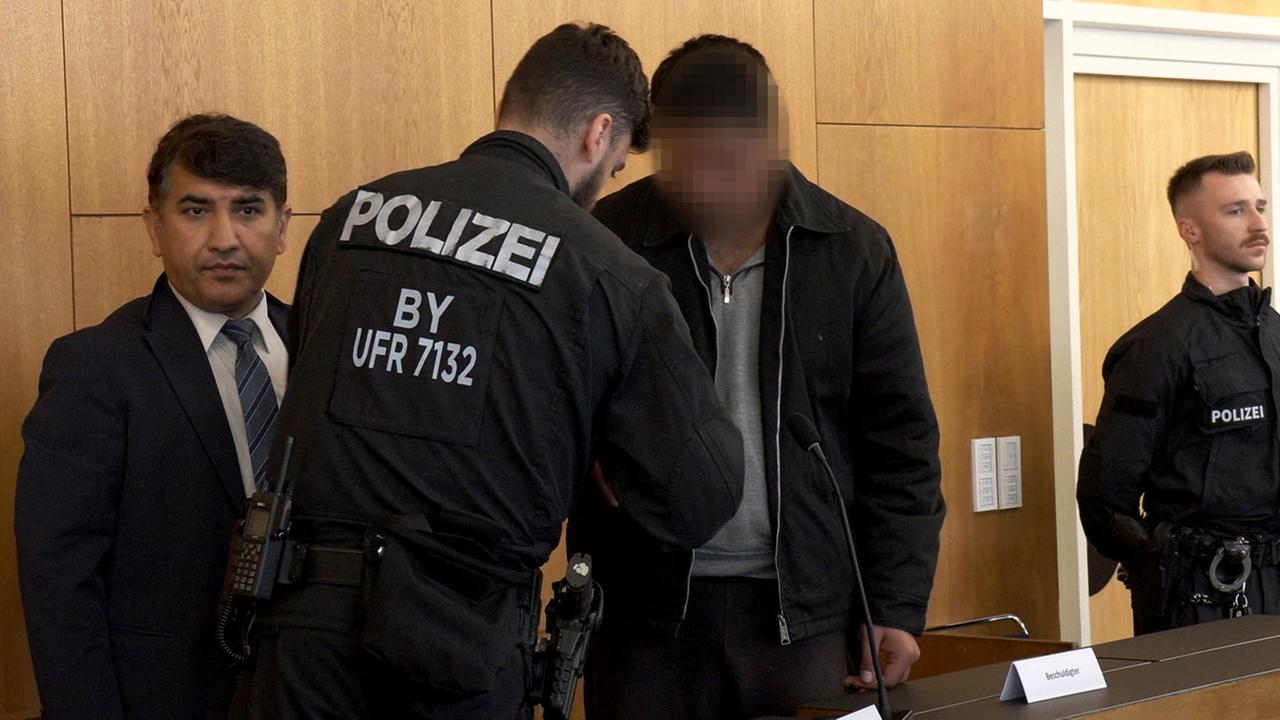“I could get more technical and complex about it but truly, it is just about Aboriginal people being heard.”
The parliamentary debate about the treaty legislation – which was supported by Labor, the Greens and enough crossbench MPs to ensure its passage into law, but opposed by the Coalition – has oscillated between affirmation of its guiding principle of self-determination and concerns about how the Indigenous governance structures it creates will co-exist and intersect with established institutions of government.
One of the fundamental objections by the Coalition is that treaty will undermine the sovereignty of parliament and create race-based differences in democratic representation. As Liberal MP Joe McCracken put it: “It divides Victorians into two classes of people, and I cannot support that. We should be closing the gap, not creating a new one in our democracy.”
There have also been some canards.
One of these is the notion, repeatedly stated, that the Gurnaikurnai people of eastern Victoria did not consent to one of their traditional language terms, Gellung Warl, being given to the new governance structure that treaty will create.
Two women who identify as Kurnai, Pauline Mullett and Cheryl Drayton, say consent wasn’t given.

Moira Deeming made a bizarre claim during the treaty debate.Credit: Luis Enrique Ascui
Gurnaikurnai Land and Waters Aboriginal Corporation chair Troy McDonald, a member of the First Peoples’ Assembly treaty negotiating team, told this masthead the idea to use the term was proposed by the Gurnaikurnai people after consulting language and cultural experts, and that the assembly had formally sought and secured authority to adopt it.
Debate took an unexpected twist when Liberal MP Moira Deeming claimed to be a First Nations person of both New Zealand and Ireland.
In a more familiar refrain, Libertarian Party MP David Limbrick warned about Indigenous interests seeking to lock up public land, citing a well-documented dispute between rock climbers and Parks Victoria over the use of Mount Arapiles as evidence.
The Coalition’s spokesperson for Aboriginal affairs, Nationals MP Melina Bath, acknowledged that treaty would pass into law and extended her best wishes to those would celebrate this. She also reaffirmed the Coalition’s intention to repeal treaty within the first 100 days of forming government.

The Coalition’s leader in the upper house David Davis says treaty will establish a “Voice on steroids”.Credit: Jason South
Opposition upper house leader David Davis described treaty as “a Voice on steroids”.
“It is quite possible to be both generous and supportive of the Indigenous community but to also have legitimate concerns about the shape of this bill and what the bill will, in fact, do,” he said.
The Coalition had not put forward amendments to the treaty legislation. As Liberal frontbencher Bev McArthur noted, there was no common ground between the agreement negotiated between the state government and First Peoples’ Assembly and what the Opposition might have supported.
“Every facet of this bill, I oppose strongly,” McArthur told parliament. “I oppose it in principle. I oppose it theoretically and politically. I oppose the language in the bill. I oppose its intent, the processes it creates, the bureaucracy, the expense.”
McArthur also took aim at what she described as the “patronising, smug and sanctimonious” attitude of Labor MPs “utterly convinced of their own virtue”.
This description is a poor fit for Watt, who in her speech to parliament acknowledged both the uncertainty she felt in meeting a grandmother she didn’t know she had, and the burden she carries being an Indigenous MP at such a consequential juncture.
“It is not lost on me – as I stand before you today speaking about the meaning and significance of treaty, of self-determination and of justice – that I am in the very place that has historically excluded and contributed to the very inequalities experienced by Aboriginal Victorians,” she said.
Loading
Treaty, under the umbrella of Gellung Warl, will create a permanent First Peoples’ Assembly with broad access and powers to consult government on any matters affecting Aboriginal people, a truth-telling body and an accountability commission that can conduct inquiries into the performance of government ministers, agencies and programs.
These powers are balanced by an explicit proviso that nothing in treaty limits the power of the parliament to make laws and otherwise conduct its business. It is designed to sit within the state’s existing democratic structures but, as government minister Harriet Shing told parliament, it will bring “fundamentally seismic change” to how governments and parliaments engage with First Peoples.
Australia’s first statewide treaty between a government and First Peoples will be signed next month by Premier Jacinta Allan and First People’s Assembly co-chairs Ngarra Murray and Rueben Berg. Murray and Berg were both in parliament to witness the final vote on its enacting legislation.


